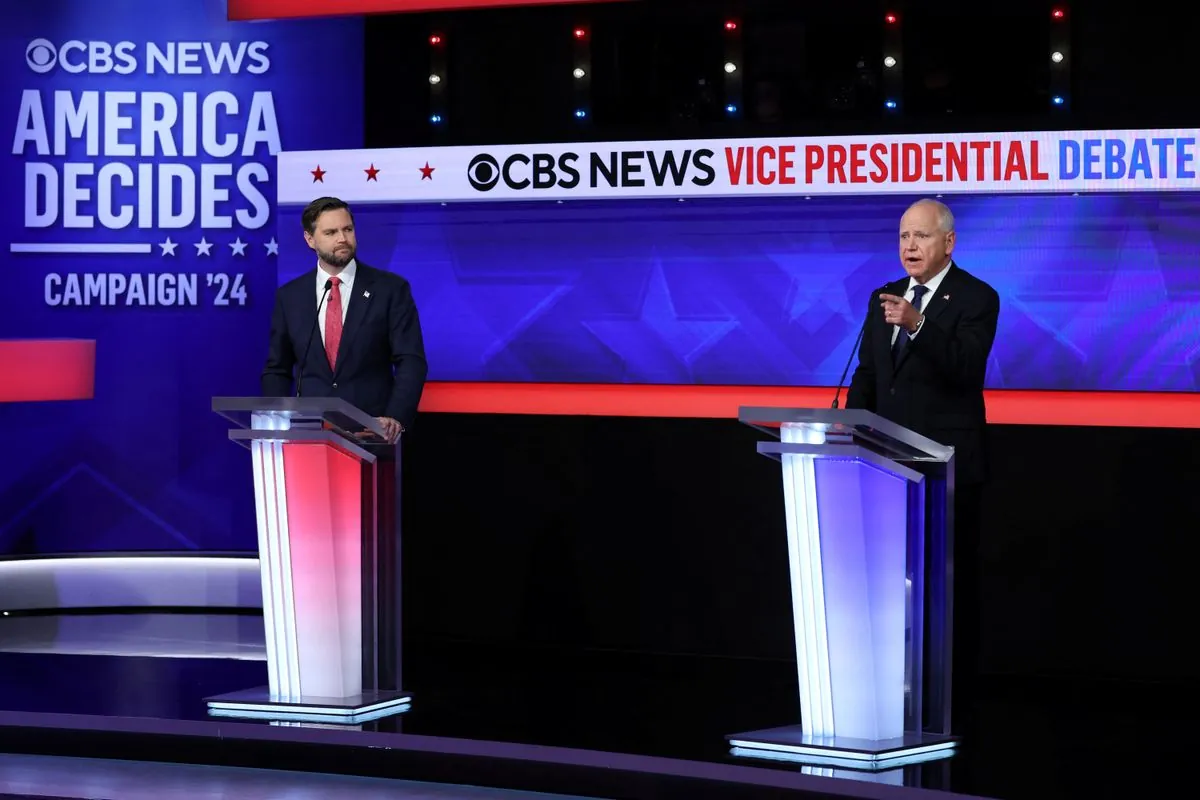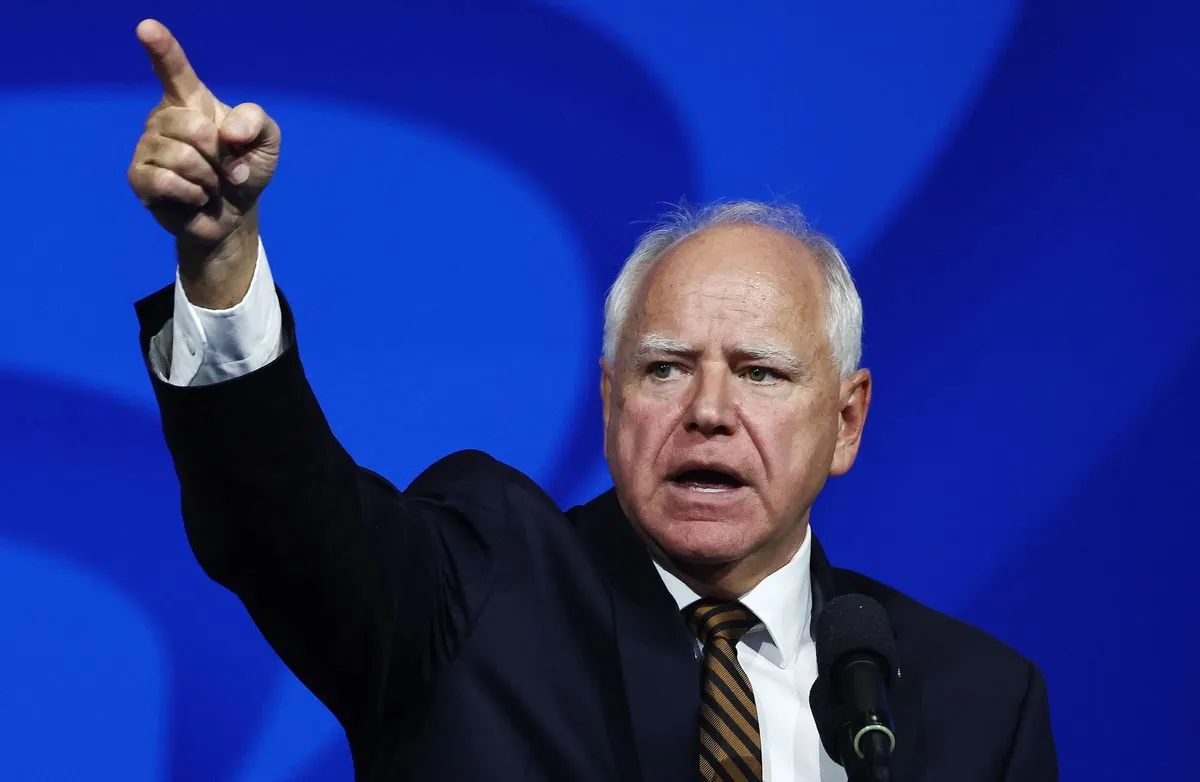Tim Walz Admits Misstatement on Tiananmen Square Presence in VP Debate
Minnesota Governor Tim Walz faced scrutiny during the vice presidential debate for past claims about his presence in Hong Kong during the 1989 Tiananmen Square protests, acknowledging he had misspoken.

In a recent vice presidential debate, Tim Walz, the Governor of Minnesota, found himself in a challenging position as he addressed discrepancies in his past statements regarding his presence in Hong Kong during the 1989 Tiananmen Square protests. The debate, which took place on October 1, 2024, highlighted the importance of accuracy in political narratives and biographical claims.
Walz, who has served as Minnesota's governor since 2019, has often cited his experiences in China as a formative part of his worldview. However, recent investigations have revealed inconsistencies in his timeline. The governor admitted to misspeaking about his location during the historic events in Beijing, stating, "I've tried to do the best I can, but I've not been perfect. And I'm a knucklehead at times."
The Tiananmen Square protests, which began in April 1989 and were forcibly suppressed on June 4, marked a significant moment in Chinese history. The demonstrations, sparked by the death of pro-reform Communist leader Hu Yaobang, resulted in an estimated hundreds to thousands of civilian casualties. The iconic "Tank Man" photo, taken during these protests, became a symbol of resistance worldwide.
Walz's claims of being in Hong Kong during the crackdown have been contradicted by evidence. Photos from May 16, 1989, show him working at the National Guard Armory in Alliance, Nebraska. A local newspaper article dated August 11, 1989, reported that Walz was preparing to leave for China, well after the protests had ended.
The governor's involvement with China stems from his participation in WorldTeach, a non-profit organization founded in 1986 that places volunteer teachers in developing countries. Walz taught in Foshan, Guangdong province, known for its ceramic craftsmanship and economic significance.
During the debate, moderated by journalist Margaret Brennan, Walz attempted to clarify his position: "All's I said on this was, is, I got there that summer. And misspoke on this. So I will just – that's what I've said." He added, "So I was in Hong Kong and China during the democracy protests, went in. And from that I learned a lot of what needed to be in governance."
This incident is not isolated, as Walz has previously faced scrutiny for other biographical inaccuracies. He has acknowledged exaggerating his military service and details about his family's fertility treatments. The governor attributes these misstatements to his passionate and sometimes imprecise communication style.
While Walz grappled with these issues, his opponent, Senator JD Vance of Ohio, faced his own challenges during the debate. The Walz campaign, meanwhile, sought to redirect focus to other issues they believe are more pertinent to voters, such as immigration, abortion, and the economy.

"My wife, the English teacher, told me my grammar's not always correct."
As the 2024 election cycle progresses, this debate has underscored the scrutiny faced by political figures and the importance of accurate personal narratives in public service. The incident serves as a reminder of the complex relationship between personal experiences, political messaging, and historical events in shaping a leader's public image.


































